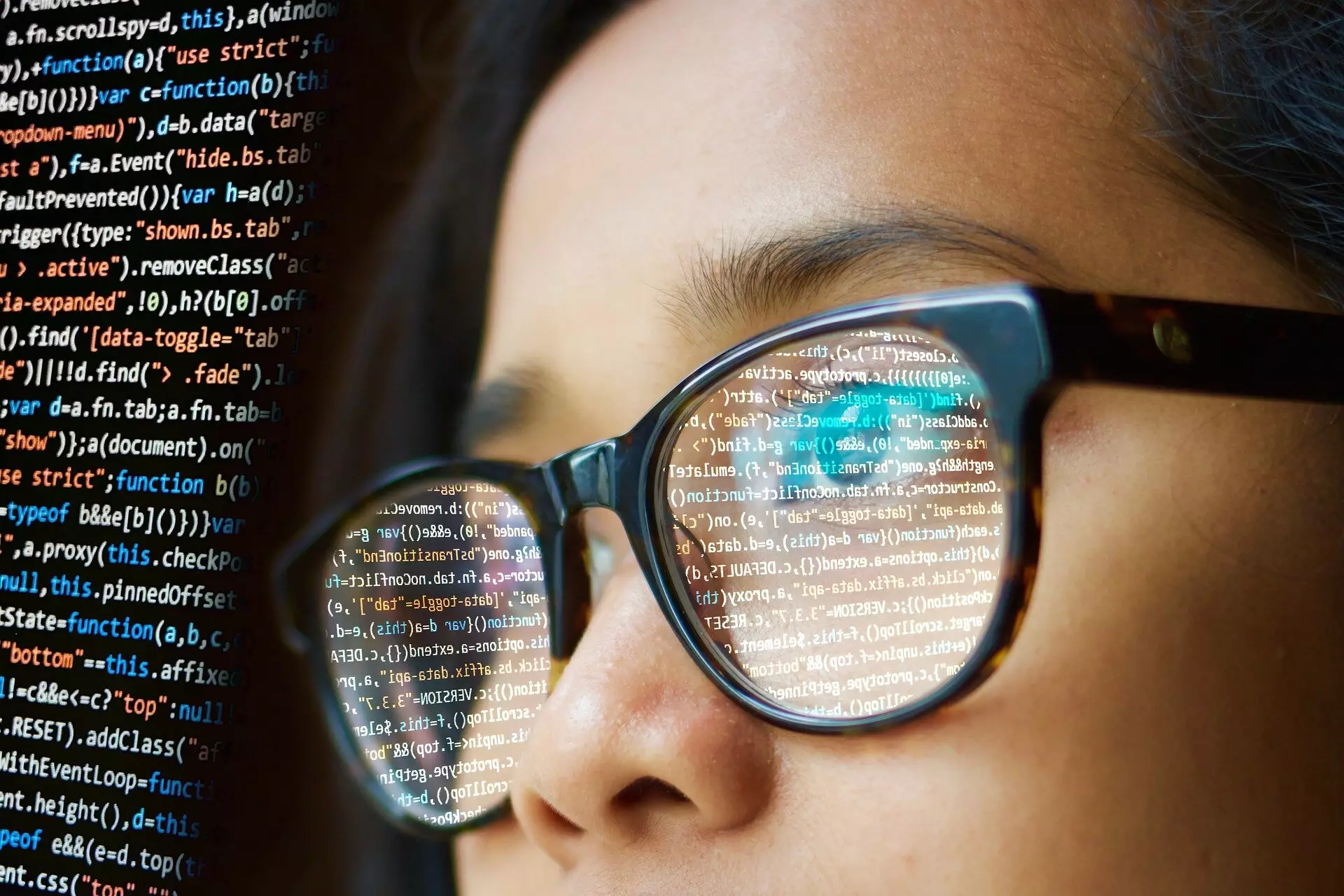A recent study conducted by Washington University in St. Louis researchers has revealed a surprising psychological phenomenon related to the training of artificial intelligence. Participants involved in training AI to play a bargaining game exhibited a tendency to adjust their behavior to appear more fair and just. This behavior change in response to the knowledge that their actions would be used to teach AI has significant implications for AI developers moving forward.
The study, published in Proceedings of the National Academy of Sciences, consisted of five experiments with approximately 200-300 participants each. The subjects were tasked with playing the “Ultimatum Game,” a challenge that involved negotiating small cash payouts with other human players or a computer. When informed that their decisions would be utilized to train an AI bot, participants were more inclined to seek a fair share of the payout, even if it meant sacrificing a few dollars. Interestingly, this behavior persisted even after they were informed that their decisions were no longer contributing to AI training.
Despite the observed impulse towards fairness, the underlying motivations driving this behavior are not entirely clear. Although the participants were not directly questioned about their specific motivations and strategies, it is possible that their natural tendencies to reject unfair offers were amplified during the experiment. The concept of habit formation in decision-making processes is also worth exploring, as the continued behavior change even after the cessation of AI training suggests a lasting impact.
The study underscores the critical role of human behavior in the training and development of artificial intelligence. Chien-Ju Ho, an assistant professor of computer science and engineering involved in the research, emphasizes the importance of considering human biases during AI training to prevent resulting AI models from inheriting these biases. Issues such as biased facial recognition software, which struggles with accurately identifying individuals of color due to biased training data, highlight the significance of addressing psychological aspects in AI development.
The unexpected psychological impact observed in participants training AI to play a bargaining game sheds light on the complex relationship between human behavior and artificial intelligence. The motivations driving individuals to adjust their behavior towards fairness highlight the need for a deeper understanding of cognitive processes in AI development. Moving forward, AI developers must consider the psychological implications of human decision-making in order to mitigate biases and ensure the ethical deployment of AI technologies.


Leave a Reply